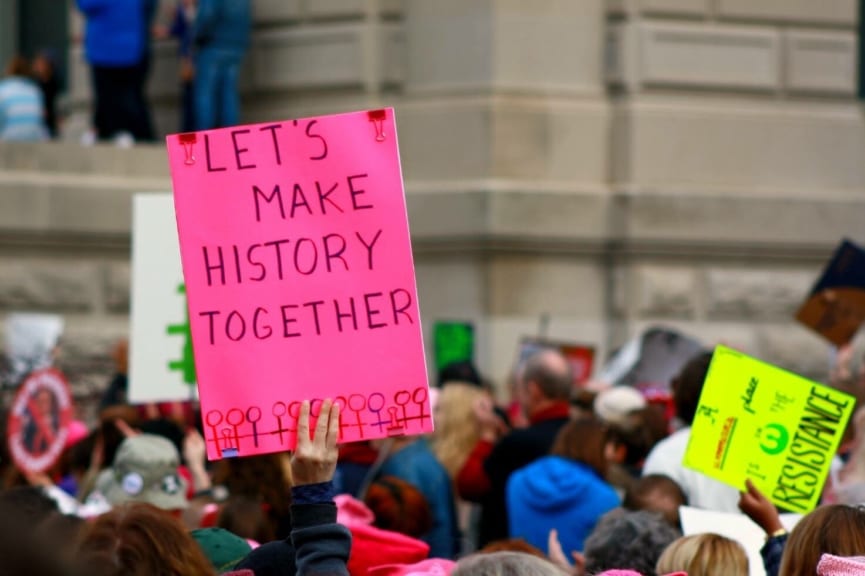Dear Colleagues,
In this historic cultural moment, communities and individuals across the globe are grappling with hard truths that the movements for equality and justice have brought to the forefront of the collective consciousness. The Women’s Funding Network is engaged in similar work of reflection and imagining, with intention and purpose, the type of future we want — for our communities, philanthropy, women’s funds, ourselves and the work ahead.
As women’s funds, foundations and gender equity funders, we ended last week by examining the role of feminism in informing these efforts. Executive leaders of member organizations from across the network joined WFN and Teresa Younger, President and CEO of the Ms. Foundation for Women, to discuss feminist principles and how they guide our work and shape our movement strategy. This candid discussion generated a rich conversation about how the word feminist has historically united some, and separated others – particularly trans, non-binary, black, indigenous, women of color.
During the conversation, I was struck by professor Melissa Harris-Perry’s framing of this definition:
“Feminism is a question. And that question is, ‘What truths are missing here?’”
—Prof. Melissa Harris-Perry
In asking whose voices are being silenced, whose perspectives are being pushed aside, who is missing from the table — and, importantly, by prioritizing the work to center and lift up those identities and truths — this conceptualization of feminism must always inherently be intersectional.
Why is this important? Whether policy development, advocacy and campaigning, or alliance and movement building, we must always start by addressing our internal organizational culture, which is where an intersectional feminist approach must begin. It requires an examination of the way people’s intersecting identities impact the ways that they have power and privilege and the ways they face marginalization and discrimination.
Through this intersectional lens, what would it take to map and organize ourselves toward a shared plan of action — with an emphasis on transforming unequal gender and racial power relations?
We are united in the understanding that where women lead, change follows. It starts with us.
Yours for equity and justice,
Elizabeth Barajas-Román
Women’s Funding Network
President & CEO
